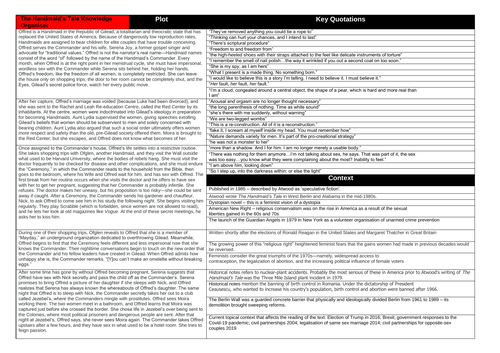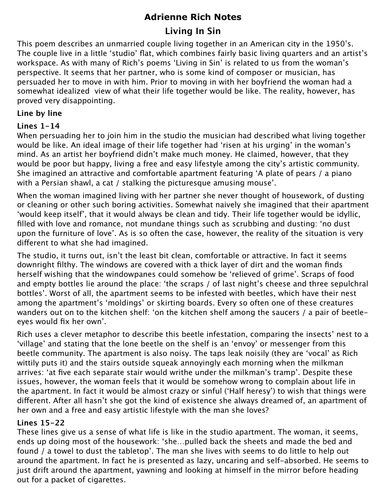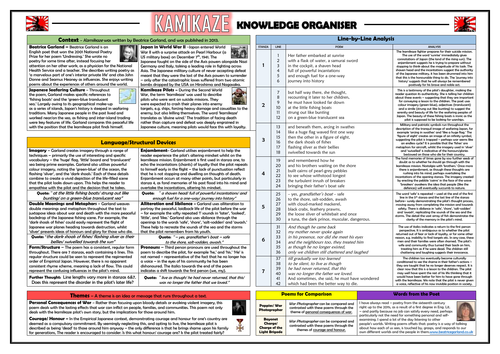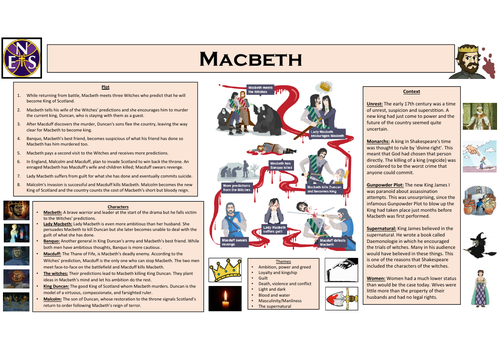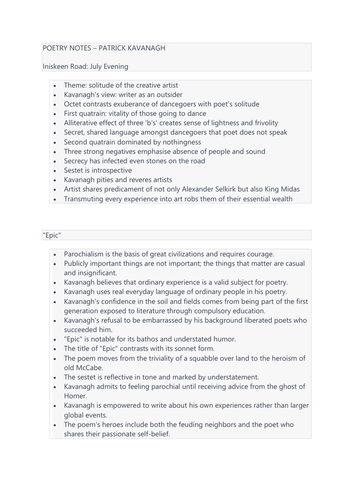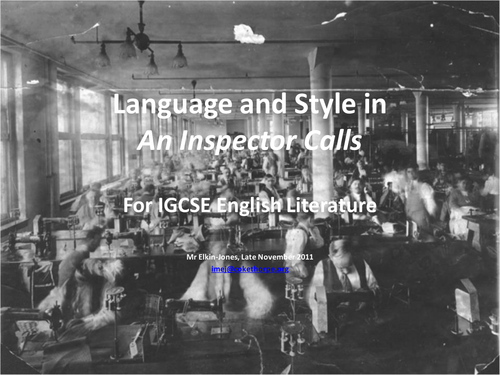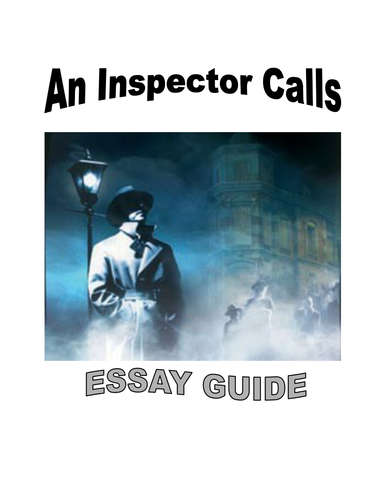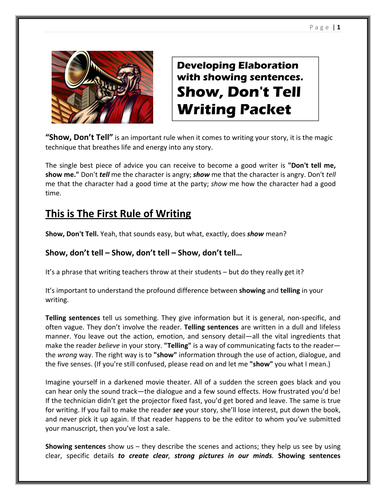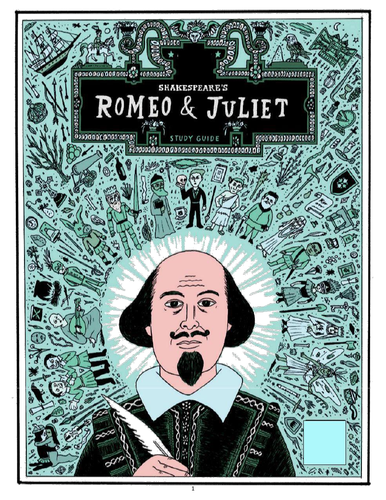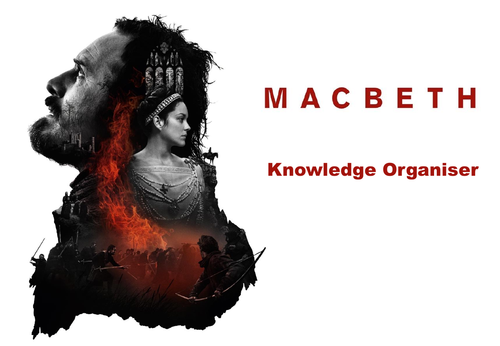
426Uploads
101k+Views
7k+Downloads
English language arts

Adrienne Rich Poetry Notes
Adrienne Rich Poetry Notes
Aunt Jennifers Tigers
Trying to Talk to a Man
Power
Living in Sin
From a Survivor
The Uncle Speaks In The Drawing Room

Shakespeare's World Booklet
This booklet contains a number of different tasks to help to
explore the amazing world that Shakespeare created. Students will learn
about Shakespeare’s hilarious sense of humour and the darker side
of his tragedies, including what his everyday life was like.

Poetry Notes PAtrick Kavanagh
Poetry Notes Patrick Kavanagh
Canal Bank Walk
Epic
Inniskeen Road
THe Hospital
Lines Written

GCSE English Literature Poetry Notes
GCSE English Literature Poetry Notes
Your Shoes
The end of something
Silvia Plath- Superman
Paul Brown’s new snowsuit
The Field Mouse
The Affliction of Margaret
Storm on the island
Patrolling Barnegat
Ben Johnson- On my first Sonne
Digging
Death of a naturalist
Cold Knap Lake
Catrin
A difficult Birth, Easter 1998

English Literature Guide
Old English
Extant manuscripts
Old English Poetry
Old English Prose
Historiography
Renaissance Literature
Criticisms of the Idea of the English Renaissance
Early Modern Period
Elizabethan Era
Jacobean Literature
Caroline and Cromwellian Literature
Restoration Literature
Augustan Literature
18th Century
European Literature in the 18th Century
The Enlightenment
Romanticism
Etymology
Victorian Literature
Novelist
The Style of the Victorian Novel
Other Literature
The Influence of Victorian Literature
Modernism
Characteristics of Modernism
Post-Modern Literature
Background
Common Themes and Techniques
Different Perspectives

Blood Brothers - Performance and Response Revisions
Component 3, Section A:
Performance and Response Revision Guide

Comprehensive Study Notes for Small Things Like These + ESSAY TASKS
NOW INCLUDES ESSAY TASKS
Enhance your understanding of Claire Keegan’s poignant novel Small Things Like These with our meticulously organized study notes. These notes are designed to aid students, educators, and literary enthusiasts in exploring the key themes, cultural context, literary genre, and vision of the novel.
Key Features:
Chapter Breakdown: Each section of the novel is clearly outlined, providing summaries that highlight major plot points and character developments. This structure allows for easy navigation and quick reference.
Cultural Context: Explore the intricate cultural nuances surrounding the narrative, including gender dynamics, class attitudes, and the influence of the Catholic Church in 1980s Ireland. These insights offer a deeper understanding of the societal issues presented in the novel.
Literary Genre Analysis: Gain insight into Keegan’s unique writing style, including her understated prose, use of symbolism, and thematic depth. Understand how these elements work together to create a rich, immersive reading experience.
Vision and Viewpoint Exploration: Delve into the novel’s perspective and underlying messages, focusing on the protagonist’s moral journey and the broader implications of his choices. This section encourages critical thinking and personal reflection.
User-Friendly Format: The notes are structured for easy reading and comprehension, making them an ideal resource for both individual study and classroom discussion.
Benefits:
Increased Understanding: By utilizing these notes, readers can grasp the complexities of the narrative, leading to a richer interpretation of Keegan’s work.
Efficient Study Aid: Perfect for exam preparation or in-depth literary analysis, these notes condense essential information into manageable sections, saving time while enhancing knowledge retention.
Engagement with Themes: Engage deeply with the novel’s themes of morality, family, and societal pressure, fostering a critical dialogue around the text and its relevance today.
Support for Assignments: These notes provide a solid foundation for essays, presentations, and discussions, helping students articulate their insights with confidence.
ESSAY TASKS INCLUDED ON LIT GENRE AND CULTURALCONTEXT

Comprehensive Study Guide for Chapter 1-9 Where the Crawdads Sing
Comprehensive Study Guide for Chapter 1-9 Where the Crawdads Sing
Dive into the world of Delia Owens’ Where the Crawdads Sing with this thorough study guide, designed for students, educators, and literary enthusiasts. This guide provides everything needed to explore the novel’s complex themes, characters, and social context, making it the ideal companion for both in-depth analysis and exam preparation.
Key Features:
Extended Literary Genre Analysis: Breaks down Owens’ narrative techniques, including the blend of murder mystery, coming-of-age, and nature writing. Analyzes how Owens’ unique storytelling style and use of symbolism, foreshadowing, and dual timelines bring depth to Kya’s journey of resilience and survival.
Detailed Cultural Context: Examines the social, cultural, and political landscape of the American South in the 1950s-60s. Insightful explanations cover Kya’s isolation due to class prejudice, gender expectations, racial segregation, and economic hardship, providing a fuller understanding of the novel’s social dynamics.
Character Development and Thematic Exploration: In-depth discussions of Kya’s emotional growth, survival instincts, and relationship with nature. Tracks her character evolution alongside themes of isolation, love, betrayal, and justice, using specific examples from the text to illustrate key moments.
Blended Genre and Structural Analysis: This guide outlines how Owens’ narrative blends different genres—from suspenseful murder mystery to lyrical nature writing. It breaks down the structural techniques, such as the prologue and dual timelines, that shape the novel’s pacing and reveal Kya’s inner world.
Essay and Discussion Prompts: Includes scaffolded essay tasks and prompts that encourage critical thinking and engagement with the text. Each task features a structured approach to help students explore Owens’ use of literary techniques and the novel’s cultural implications.
Benefits:
Enhanced Understanding: Offers a nuanced view of the novel’s literary and social elements, helping readers uncover layers of meaning behind Kya’s story and Owens’ narrative choices.
Comprehensive Study Aid: Perfect for exam preparation, assignments, or literary discussions, this guide condenses essential analysis into structured sections for easy comprehension.
Insights on Key Themes and Symbols: Encourages deeper exploration of themes such as nature’s role as a nurturer, prejudice, loneliness, and the fight for identity, allowing readers to fully appreciate Owens’ thematic intentions.
Scaffolded Analysis for Essays and Exams: With clear essay structures and sample analyses, students can confidently develop well-rounded responses and insights for academic assessments.

In-Depth Analysis of Literary Genre, Cultural Context, Vision & Viewpoint Where the Crawdads Sings
n-Depth Student Notes on Where the Crawdads Sing
This comprehensive set of student notes provides a deep analysis of the literary genre, cultural context, and vision & viewpoint of Where the Crawdads Sing by Delia Owens. Designed to help students engage with the novel on a critical level, these notes are filled with detailed explanations and textual examples from Chapters 1-6. Each section is carefully organized to offer a thorough understanding of key literary elements and themes.
Key Features:
Literary Genre Analysis: Exploration of the novel’s narrative structure, use of symbolism, character development, and narrative techniques.
Cultural Context Examination: Insight into the social, historical, and cultural factors influencing the characters and events, including issues such as class, race, and gender in the American South during the 1950s-60s.
Vision & Viewpoint: Detailed look at the novel’s third-person omniscient narration, contrasting perspectives between Kya and the townspeople, and the overarching themes of isolation, prejudice, and survival.
Textual Examples: Specific quotes from the text to illustrate key points, making it easier for students to connect the analysis with the novel.
Perfect for exam preparation or classroom discussions, these notes provide students with the tools they need to critically analyze Where the Crawdads Sing while enhancing their understanding of its literary depth.

